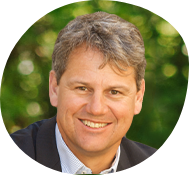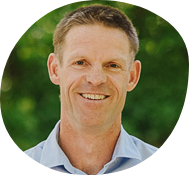OUR PROJECTS THREE WATERS REFORM PLANNING BUSINESS CASE
CLIENT: Dunedin City Council
DATE: 2020 - 2021
STATUS: Business Case currently being implemented
Councils around the country are facing significant change and uncertainty in the three waters space, with significant government reform underway. Dunedin City Council (DCC) are no exception.
Central Government is driving the Three Waters Reform Programme through the formation of a new water regulator, a new water services delivery bill and the development of new multi-regional water entities. At a local level, the management of three waters will likely look very different in the next two to three years.
In addition to the external challenges, DCC was facing several internal challenges. With a significant backlog of work, rising pressure on staff resources already at capacity, uncertainty about the future, and a work programme impacted by COVID-19. It also needed to deliver a service that meets the community’s current and future needs, regardless of who is delivering three waters services in the future.
WHAT DID WE DO?
Given the indicated timeframe of two to three years, there was pressure to move quickly through the planning phases to allow DCC sufficient time to prepare for transition. Rationale was asked to deliver a Programme Business Case to ensure an evidence-based, transparent process was followed to support decision-making towards the best value for money solution.
To ensure timeframes could be met, the Rationale team deployed quickly to deliver six integrated, cascading Investment Logic Maps (ILMs) that clearly defined the problems that needed to be solved and the potential benefits which could be achieved through intervention/ investment.
Once the problem was clearly defined, the team developed a multi-staged optioneering process to define a programme of work that would achieve DCC’s direction to ‘be proactive, seize opportunities, and shoot for the stars’.
This approach involved completing a first pass evaluation of 136 initiatives to define what was involved in the transition versus business-as-usual activity, then a second pass on 98 transition initiatives to define what should be included in the programme. In this second pass evaluation, initiatives were tested against the investment criteria defined in the ILMs, and critical success factors for DCC. The second pass evaluation resulted in 52 initiatives to be included and 43 initiatives as possible inclusions. These initiatives were bundled into 18 workstreams for further work.
Rationale then held workshops for each of the 18 workstreams to determine high, medium and low options for each, including cost, resourcing and risk.
Finally, these 18 workstreams were brought into a multi-criteria analysis (MCA) which assessed seven different combinations against quantitative and qualitative criteria to define the preferred programme as way forward for DCC, that was within time and budget constraints.

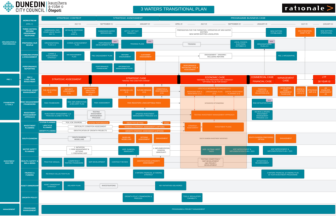
WHAT WAS THE RESULT?
Rationale recorded the process in a comprehensive Programme Business Case, to ensure the work was enduring, regardless of who the entity was delivering water services to Dunedin City and that DCC had a clear action pathway forward for the work that was required.
The Programme Business Case was accepted by DCC and the three waters group are making strides to implement its actions and recommendations.
OUR PEOPLE ON THIS PROJECT

OUR PROJECTS WHAT WE DO
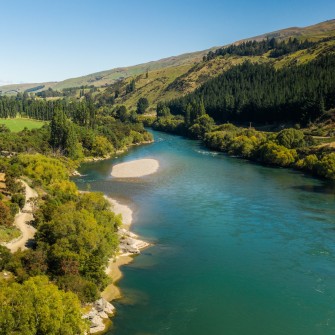
TEVIOT SPATIAL PLAN
The Teviot Valley is a spectacular place that is characterised by the Clutha River / Mata-au which flows through the…
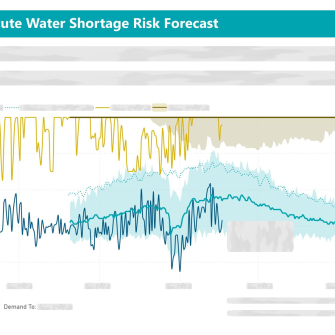
WORKING TO REDUCE WATER LOSS
As New Zealand grapples with aging water infrastructure and increasing demand, Rationale has been a key partner in helping Wellington…
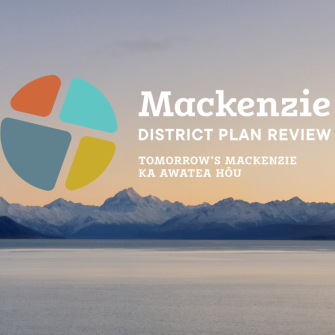
MACKENZIE DISTRICT PLAN REVIEW
Mackenzie District Council (MDC) has successfully reviewed all chapters of its District Plan.
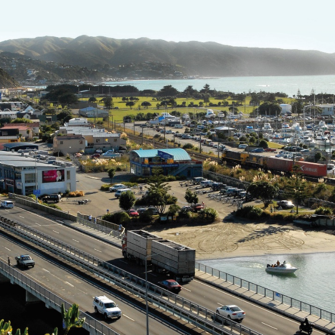
NZ DRIVER LICENSING IMPROVEMENT PROGRAMME
THE PROBLEM
More than one million people over 16 years who live in Aotearoa New Zealand currently do not have a…

CONSISTENT CONDITION DATA COLLECTION
The Te Ringa Maimoa Consistent Condition Data Collection (CCDC) project is a game changer for local road asset management in…
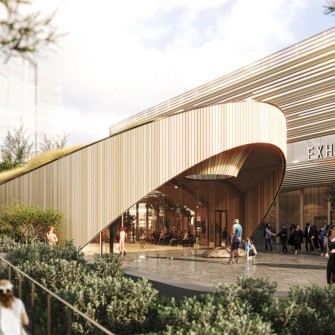
TE MANAWATAKI O TE PAPA
Tauranga’s city centre was failing to deliver the social, cultural, economic and environmental benefits expected of the fifth largest city…

SUPPORT THROUGH THREE WATERS UNCERTAINTY
Understanding how to fund the required investment in three waters is a significant challenge many local authorities are grappling with.
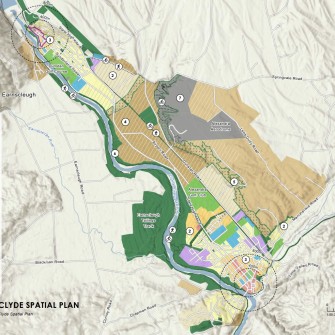
VINCENT SPATIAL PLAN
The Vincent area in Central Otago has an extraordinary and distinctive character.
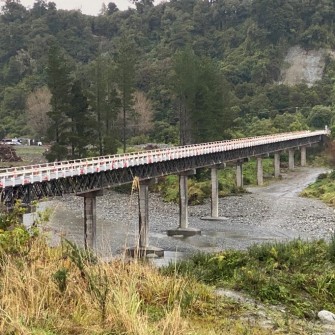
WEST COAST COMBINED TRANSPORT PLANNING
Since 2017, Rationale has been working with the three Council’s on New Zealand’s West Coast (Te Tai o Poutini) as…
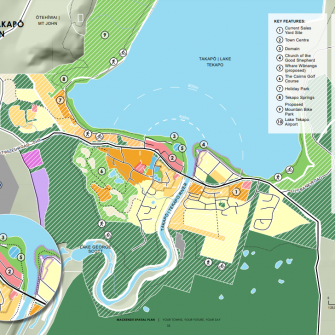
MACKENZIE SPATIAL PLANS
The Mackenzie District has been significantly impacted by unprecedented and sustained levels of growth over the past ten years.

THREE WATERS REFORM PLANNING BUSINESS CASE
Councils around the country are facing significant change and uncertainty in the three waters space, with significant government reform underway.
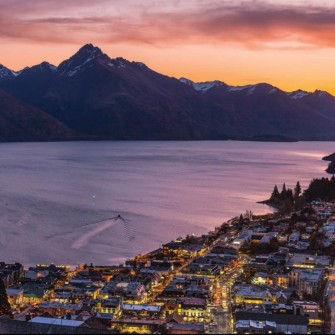
QUEENSTOWN TOWN CENTRE MASTERPLAN
The Queenstown Masterplan came about when a long period of under-investment in the town’s infrastructure inevitably collided with an ongoing…

KOPU MARINE PRECINCT BUSINESS CASE
The Thames Coromandel District is well known throughout New Zealand for its warm climate, beautiful beaches and bush-clad hills.
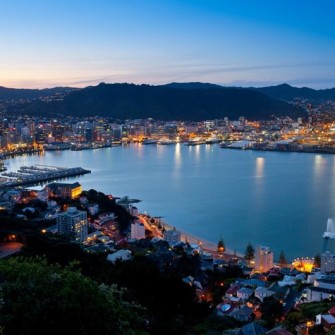
CORPORATE SERVICES FEASIBILITY STUDY
The Social Wellbeing Agency (SWA) is a central government organisation that supports social sector decision-makers, providing cross-social sector advice on…

